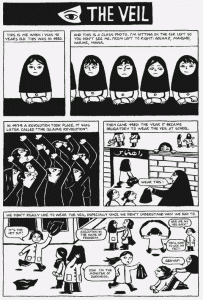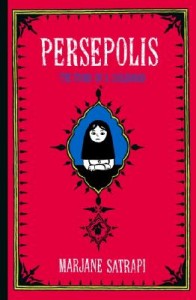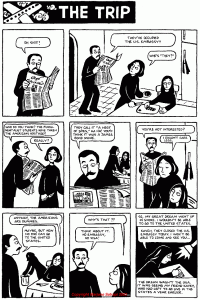It is often believed that our memory is an unreliable source of knowledge: we hear that they should not be trusted, as they only captures brief and unpredictable details of our experiences, if not the broadest gist of these experiences. In recent years, findings in the disciplinary field of psychology have revealed that memories are constructive and deconstructive. In a TED talk by the memory psychologist Elizabeth Loftus, she likens them to “a Wikipedia page”, stating “you can go in there and change it (but so can other people)”. English essayist George Orwell also alludes to the changing nature of memory in his essay Such, such were the joys: “in general, one’s memories of any period must necessarily weaken as one moves away from it. One is constantly learning new facts, and old ones have to drop out to make way for them.” Within their respective fields, these scholars emphasize the dynamism of memories, stating that their constant influence by other knowledge pathways means that they in a perpetual process of change.
This week’s discussion on the graphic novel Persepolis has, in particular, urged me to question the production of individual and cultural memory through life narratives. How is that these subjective products of memory come to be deemed legitimate historic records? Yes, they are significant in the fact that they record history and people’s personal experiences stemming from historic events, but shouldn’t their constant change make us question whether they should be used as evidence? A highly celebrated personal memoir, Persepolis has gained worldwide recognition for its exploration of the act of bearing witness to the atrocities of the Iran revolution and its aftermath. In its careful weaving of the Iranian historical events with her individual experiences, the graphic novel embodies the act of reminiscing. However, given the faulty and biased nature of our memory, can we truly say that Persepolis presents an accurate representation of the Iranian history?
As a graphic novel, Persepolis is narrated in the past tense and divided into three distinct chapters, each encapsulating key experiences throughout young Marji’s early lifetime through the use of flashbacks. As the memoir is narrated in selective chronological order, the reader is taken through time shifts, with the author Satrapi controlling the segments available to the reader. This segmented, disjointed structure that mimicks Satrapi’s own thought process as she embarks upon a recollection the events in her early youth. Yet, it means that we, as readers, only receive a series of episodic breakdowns of Satrapi’s life under the unstable and dangerous political arena in Iran. Writer George Orwell would not deem this selective nature of memory necessarily a bad thing, particularly as he contends in his aforementioned essay that “it is possible that one’s memories [can] grow sharper after a long lapse of time, because one is looking at the past with fresh eyes and can isolate and, as it were, notice facts which previously existed undifferentiated among a mass of others”. In other words, while the content of our collective memories may have diminished over time and may have become more contaminated and distorted with time, often this isolation from past memories allows writers to identify those that are most significant in exposing past realities. Thus, the distance from memories can give people a new perspective, a more mature and insightful way of looking at their past and extrapolating their experiences to wider applications.
Therefore, I think that the fact that Persepolis is based upon Satrapi’s memories does not actually undermine its validity, if anything it allows her to bring out the most relevant experiences to portraying the trauma she experienced in her youth in Iran.
What do you think?
Image links:
- http://iranian.com/Books/2002/November/Satrapi/Images/1.gif
- https://blogs.stockton.edu/postcolonialstudies/files/2011/03/the-veil.gif
- http://unleashthefanboy.s3.amazonaws.com/wp-content/uploads/2013/03/persepolis-1.jpg



